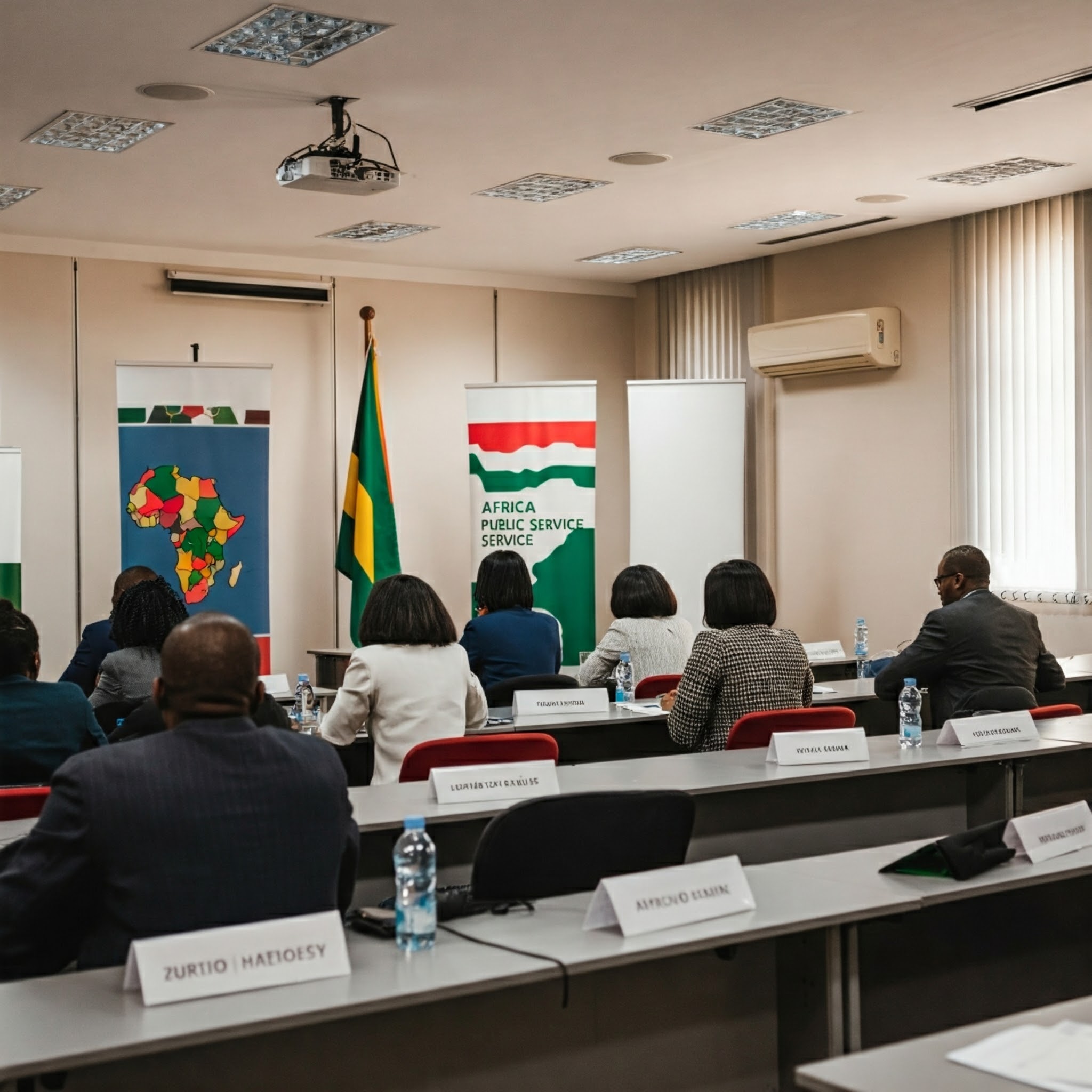- Insights
-
-
OUR INSIGHTS
We provide expert analysis and insights on industry trends to facilitate informed decision-making. Our experienced team utilizes comprehensive research to create tailored content that meets your needs. Access our articles, whitepapers, and case studies to remain competitive in an evolving landscape.
- Consulting Functions
-
-
- Career
-
-
Work with us
Whether you love solving problems, supporting changes, or building innovative solutions, there is a place for you at ALG.
-
-
- Expertise
-
-
Expertise
Learn how we draw on industry expertise to make our partners more performant.
Events
No events
-
- Our work
Post Ticker
Latest Post- Strategic Nutrition Assessment in Burkina Faso
- Technical and Financial Audit of the Burkina Faso Water and Sanitation Program
- Review of decentralized polices and legal framework of the Ministry of Lands, Regional Government and Religious Affairs
- Research program on violence, conflict and governance in the Sahel
- External final evaluation of the programme: ‘Creating in Central Africa: supporting the culture and creation sectors’
- The Gambia Technical Vocational Education and Training Graduates Tracer Study
- Feasibility study of the Emergency Community Development Program (PUDC) in Gabon
- UN allocates $14M to tackle humanitarian crisis in Burkina Faso
- Eswatini: African Development Bank approves a loan of over $140 million to open up two major regions with road infrastructure project
- Economic Prospects for Africa in 2025: ALG’s Comprehensive Analysis
- Water, Agriculture, Livestock, and Governance: Essential Sectors for Sahel Stabilization
- Strategy for Integrating Climate Change Adaptation into Local Development Planning
- Administrative decentralization in large size countries
- Updating Decentralized Policies in Africa
- Supporting Transformation and Growth in DRC
- Improving Transparency and Accountability in Local Government in Francophone Africa
- Policy Development in Poor and Fragile States: Factors of Success
- Localizing Evaluation: Insights from the EES-2024 Conference
- Solutions alimentées par l’IA pour le développement et la croissance en Afrique
- TVET strategy in violent extremism context in the Sahel
-
- Industries
- Public administration
- Agriculture
- Climate, Environment & Energy
- Decentralization & Local governance
- Economy and development
- Education & Vocational training
- Human Capital
- Media & Publications
- Advanced Technologies
- Cultural industries
- Civil society & NGOs
- Justice and judiciary services
- Health & Nutrition
- Financial Inclusion
- Infrastructure, Transports & Logistics
- Industries
-
-
- About us
-
-
About us
Learn more about ALG—and how the diversity of our people, spirit of service, and culture play a part solving our clients’ most complex problems.
- My Tweets
-
-
- Contact
-
-
REACH OUT
We offer tailored consulting solutions at our various locations. Contact us for assistance or to explore how we can support your business goals, and we’ll connect you with the right experts.
-
-
-
-
Newsletter
-
-
SUBJECTS
Select your Topic
- General Inquiry
- Request a Consultation
- Joint Venture Proposal
- Business Locations
-
-
English
- Insights
-
-
OUR INSIGHTS
We provide expert analysis and insights on industry trends to facilitate informed decision-making. Our experienced team utilizes comprehensive research to create tailored content that meets your needs. Access our articles, whitepapers, and case studies to remain competitive in an evolving landscape.
- Consulting Functions
-
-
- Career
-
-
Work with us
Whether you love solving problems, supporting changes, or building innovative solutions, there is a place for you at ALG.
-
-
- Expertise
-
-
Expertise
Learn how we draw on industry expertise to make our partners more performant.
Events
No events
-
- Our work
Post Ticker
Latest Post- Strategic Nutrition Assessment in Burkina Faso
- Technical and Financial Audit of the Burkina Faso Water and Sanitation Program
- Review of decentralized polices and legal framework of the Ministry of Lands, Regional Government and Religious Affairs
- Research program on violence, conflict and governance in the Sahel
- External final evaluation of the programme: ‘Creating in Central Africa: supporting the culture and creation sectors’
- The Gambia Technical Vocational Education and Training Graduates Tracer Study
- Feasibility study of the Emergency Community Development Program (PUDC) in Gabon
- UN allocates $14M to tackle humanitarian crisis in Burkina Faso
- Eswatini: African Development Bank approves a loan of over $140 million to open up two major regions with road infrastructure project
- Economic Prospects for Africa in 2025: ALG’s Comprehensive Analysis
- Water, Agriculture, Livestock, and Governance: Essential Sectors for Sahel Stabilization
- Strategy for Integrating Climate Change Adaptation into Local Development Planning
- Administrative decentralization in large size countries
- Updating Decentralized Policies in Africa
- Supporting Transformation and Growth in DRC
- Improving Transparency and Accountability in Local Government in Francophone Africa
- Policy Development in Poor and Fragile States: Factors of Success
- Localizing Evaluation: Insights from the EES-2024 Conference
- Solutions alimentées par l’IA pour le développement et la croissance en Afrique
- TVET strategy in violent extremism context in the Sahel
-
- Industries
- Public administration
- Agriculture
- Climate, Environment & Energy
- Decentralization & Local governance
- Economy and development
- Education & Vocational training
- Human Capital
- Media & Publications
- Advanced Technologies
- Cultural industries
- Civil society & NGOs
- Justice and judiciary services
- Health & Nutrition
- Financial Inclusion
- Infrastructure, Transports & Logistics
- Industries
-
-
- About us
-
-
About us
Learn more about ALG—and how the diversity of our people, spirit of service, and culture play a part solving our clients’ most complex problems.
- My Tweets
-
-
- Contact
-
-
REACH OUT
We offer tailored consulting solutions at our various locations. Contact us for assistance or to explore how we can support your business goals, and we’ll connect you with the right experts.
-
-
-
-
Newsletter
-
-
SUBJECTS
Select your Topic
- General Inquiry
- Request a Consultation
- Joint Venture Proposal
- Business Locations
-
-
English

